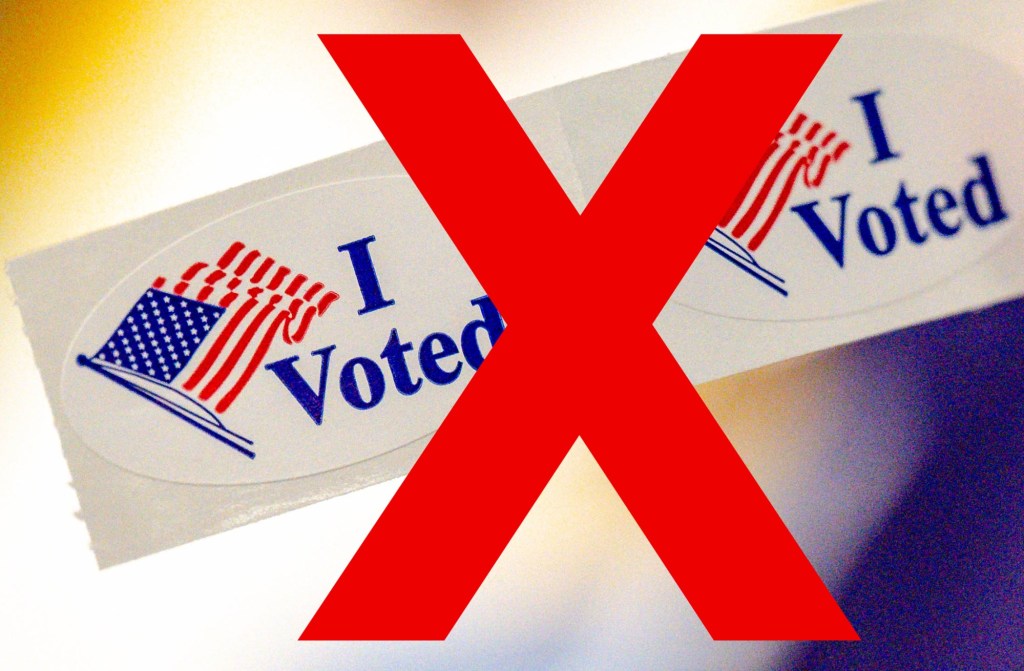A confession of deep personal shame: My daughter did not vote in the 2022 election.
She had just turned 18. Started college 400 miles away. Misplaced the mail ballot I shoved in her bag (amid threats that apparently weren’t threatening enough). Didn’t know much about the candidates. And just, you know, flaked.
Unfortunately, my daughter was in plentiful company. Only 54.7% of Orange County’s registered voters cast their ballots in November, a precipitous plunge from the last midterm election.
So what gives, Orange County? Why didn’t you vote?
It’s an intriguing question, and data from the U.S. Census Bureau sheds fascinating light on it. The answers vary widely from election to election and say a lot about how folks were feeling about everything from the candidates (we didn’t much like them in 2016) to the utility of mail ballots (many fewer of us claimed “out of town” as an excuse last year, but many more have been “forgetting” to return them).
Our passions are further captured in the O.C. Registrar of Voters’ turnout tallies.
The matchup between Joe Biden and Donald Trump inspired an astonishing 87.3% turnout in 2020 — perhaps the only people who didn’t vote were dead — while the midterm election in 2018 found a relatively stunning 71% of folks casting ballots (a stark exception to the “midterms have anemic turnout” rule, as voters eagerly sent their huzzahs or Bronx cheers to Trump two years into his presidency).
This begs the question: Should voting be mandatory, rather than voluntary?
“What I can tell you is that whether a person will vote or not is highly correlated with years of formal education,” said Fred Smoller, associate professor of political science at Chapman University. “The higher number of years of school, the more likely a person is to…
Read the full article here






